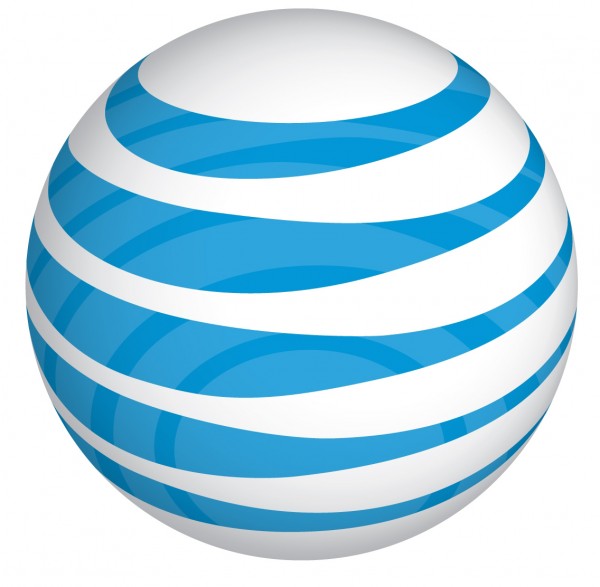Verizon started throttling their top dog data hogs back in February (top 5% of users) and caught a whole bunch of flack for it. You can now toss some of the same choice words you directed at Big Red over to AT&T as they have now confirmed a report from this morning that suggested they would begin to throttle the top 5% of their unlimited data users as well.
So let us try to clarify for you – users who pay an ungodly amount of money to continue to have unlimited data (because AT&T has tiers), no longer get to fully take advantage of that unlimited data? Correct. Well, to be fair, the unlimited data isn’t going away, but the way in which you get to enjoy it, is. Sounds reasonable…right…no.
But just so you know, this is only a temporary fix. That’s right. In order to fix the problem permanently, they will need their T-Mobile merger to be approved. And yes, it’s OK for you to fall on the floor laughing now.
An Update for Our Smartphone Customers With Unlimited Data Plans
Like other wireless companies, we’re taking steps to manage exploding demand for mobile data. Many experts agree the country is facing a serious wireless spectrum crunch. We’re responding on many levels, including investing billions in our wireless network this year and working to acquire additional network capacity. We’re also taking additional, more immediate measures to help address network congestion.
One new measure is a step that may reduce the data throughput speed experienced by a very small minority of smartphone customers who are on unlimited plans – those whose extraordinary level of data usage puts them in the top 5 percent of our heaviest data users in a billing period. In fact, these customers on average use 12 times more data than the average of all other smartphone data customers. This step will not apply to our 15 million smartphone customers on a tiered data plan or the vast majority of smartphone customers who still have unlimited data plans.
Starting October 1, smartphone customers with unlimited data plans may experience reduced speeds once their usage in a billing cycle reaches the level that puts them among the top 5 percent of heaviest data users. These customers can still use unlimited data and their speeds will be restored with the start of the next billing cycle. Before you are affected, we will provide multiple notices, including a grace period.
This change will never impact the vast majority of our customers, and is designed to create a better service experience for all.
The amount of data usage of our top 5 percent of heaviest users varies from month to month, based on the usage of others and the ever-increasing demand for mobile broadband services. To rank among the top 5 percent, you have to use an extraordinary amount of data in a single billing period.
There will be no changes for the vast majority of customers. It’s not how much time you spend using your device, it’s what you do with it. You can send or receive thousands of emails, surf thousands of Web pages and watch hours of streaming video every month and not be in the top 5 percent of data users.
Typically what puts someone in the top 5 percent is streaming very large amounts of video and music daily over the wireless network, not Wi-Fi. Streaming video apps, remote web camera apps, sending large data files (like video) and some online gaming are examples of applications that can use data quickly. Using Wi-Fi doesn’t create wireless network congestion or count toward your wireless data usage. AT&T smartphone customers have unlimited access to our entire Wi-Fi network, with more than 26,000 hotspots, at no additional cost. They can also use Wi-Fi at home and in the office.
The bottom line is our customers have options. They can choose to stay on their unlimited plans and use unlimited amounts of data, but may experience reduced speeds at some point if they are an extraordinarily heavy data user. If speed is more important, they may wish to switch to a tiered usage plan, where customers can pay for more data if they need it and will not see reduced speeds.
But even as we pursue this additional measure, it will not solve our spectrum shortage and network capacity issues. Nothing short of completing the T-Mobile merger will provide additional spectrum capacity to address these near term challenges.

Collapse Show Comments115 Comments